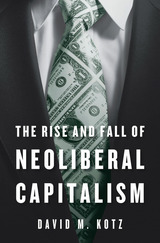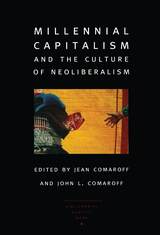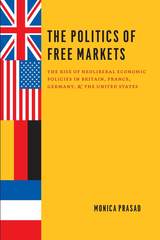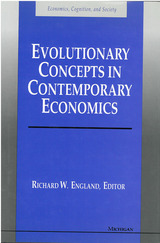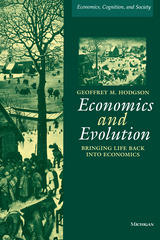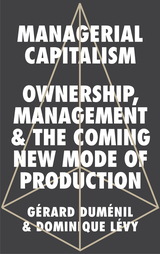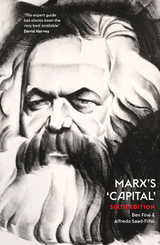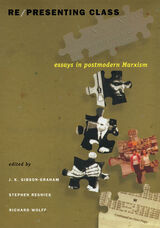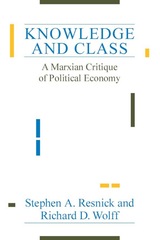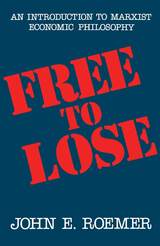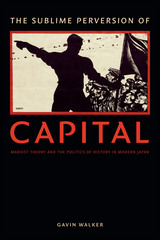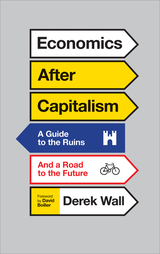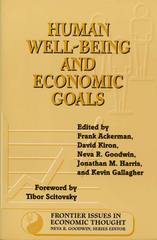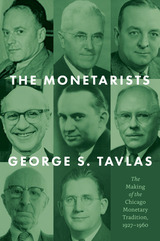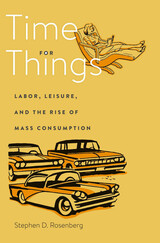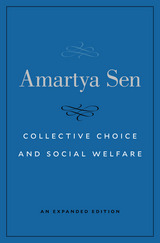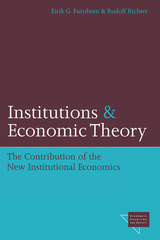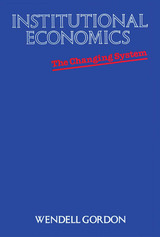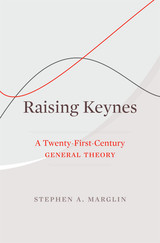Cloth: 978-0-674-34440-2
Library of Congress Classification HB97.5.R6163 1982
Dewey Decimal Classification 305.5
How can exploitation and even class division occur in socialist societies? The question is not merely embarrassing for Marxists and socialists. It is also a deep puzzle for economic theorists. In this original and powerful work, John Roemer proposes a general theory of exploitation which provides a game theoretic framework for expressing any conception of exploitation—feudal, capitalist, or socialist—in a standardized and explicit way, thus permitting a clear comparison of different ethical conceptions. As well as applying the general theory to an analysis of socialist society, Roemer uses it to contrast Marxian and neoclassical conceptions of exploitation. By placing the Marxian conception of exploitation in the context of a more general theory, Roemer provides fresh insights into classical questions, and resolves several old problems in Marxian economics.
The book also contains a formal theory of class formation. Once the behavior and institutional specifications of an economy are given, classes emerge endogenously in the model. In a major theorem Roemer relates the two key characteristics of a person in a given economy: his class position and his status as exploiter or exploited. Finally, he shows that the general theory of exploitation can be viewed as the formal translation into economic language of the theory of historical materialism. In its mathematical power and precision, its skillful use of general equilibrium and game theory, the book will become an important bridge between Marxist and neoclassical economics.
See other books on: Class | Communist countries | Exploitation | Marxian economics | Social classes
See other titles from Harvard University Press

